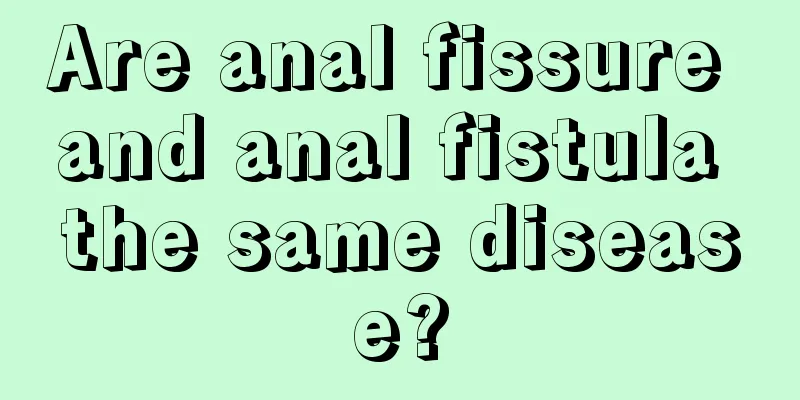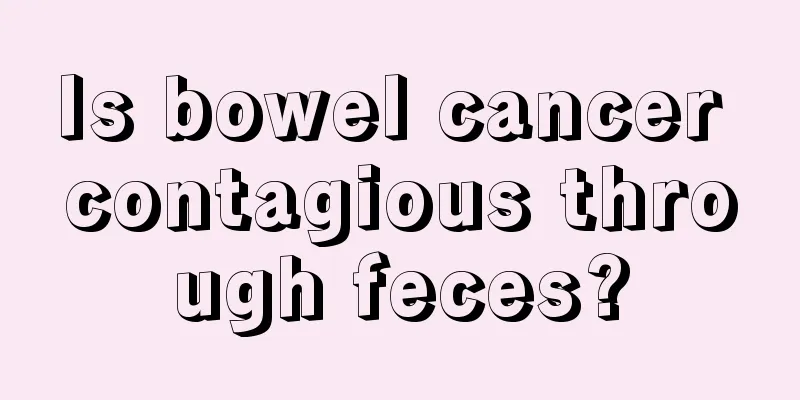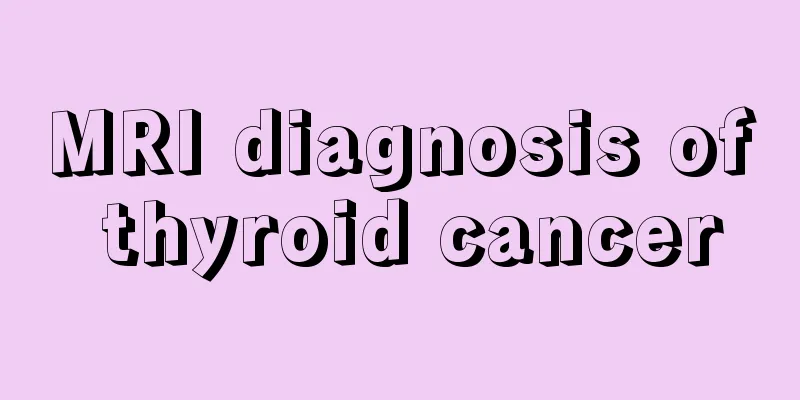Are anal fissure and anal fistula the same disease?

|
Anal fissure and anal fistula are both anorectal diseases, but they are not the same. The main manifestation of anal fissure is pain during defecation, and sometimes there will be a small amount of bleeding from the anus; the manifestation of anal fistula is a nodule in the anus, and local ulcers and even pus discharge will occur repeatedly. In special cases, there will also be pain, dampness, and itching. In this case, active treatment must be carried out, otherwise the condition will become more serious. 1. What is anal fissure? Anal fissure refers to a longitudinal crack in the entire layer of skin below the dentate line of the anal canal or the formation of a fusiform ulcer, the direction of which is parallel to the longitudinal axis of the anal canal. The main clinical manifestation of anal fissure is painful defecation, which is typically periodic and accompanied by a small amount of anal bleeding. Anal fissure can occur at any age, but is most common in young and middle-aged people. There is no significant difference in incidence between men and women. Most anal fissures occur in the posterior middle of the anal canal, which is related to the structure of the external sphincter and the poor blood perfusion in this area. No more than 10% of anal fissures occur in women, while only 1% of men suffer from anal fissures. When anal fissure is located on the side of the anal canal, attention should be paid to whether the patient has Crohn's disease, tuberculous enteropathy, or ulcerative colitis. It is generally believed that anal fissures are related to constipation or damage during defecation, and can also be caused by increased frequency of bowel movements and diarrhea, and are related to nonspecific inflammatory bowel disease. However, recent clinical studies have shown that only about 20% of cases have a history of constipation before anal fissure occurs. 2. There is a difference between acute and slow anal fissures The main symptoms of acute anal fissure are pain and bleeding. The pain occurs before and after defecation and lasts from a few minutes to several hours, causing the patient to fear defecation. The stool becomes increasingly dry and hard to pass, and the pain becomes more severe, forming a vicious cycle. Chronic anal fissure has more typical signs. The anal margin of the fissure has a hard texture of sentinel piles, which are caused by inflammatory stimulation. The anal papilla at the dentate line of the anal fissure is obviously hypertrophic and hyperplastic, and the internal sphincter at the anal fissure is fibrotic to form a pectenic band. Therefore, once the anal fissure develops into a chronic one, there is generally little or no bleeding. Treatment of anal fissure 1. Drug treatment Newly occurring anal fissures can usually be treated conservatively, with measures such as softening the stool, eating a high-fiber diet, and taking sitz baths. Most acute anal fissures can be treated conservatively, but about 50% of patients with acute anal fissures will develop into chronic anal fissures after several weeks of conservative treatment. 2. Surgical treatment Conservative treatment cannot fundamentally relieve internal sphincter spasm and has a high recurrence rate. Therefore, when topical drug treatment fails, surgical treatment is the main and effective method. The surgery cuts off the internal sphincter, relieves the spasm of the internal sphincter, breaks the vicious cycle of ischemia and spasm, and thus achieves the purpose of cure. 4. What is anal fistula? Anal fistula is an abnormal channel connecting the anal canal, rectum and perianal skin. Its clinical manifestations are mainly anal nodules, repeated local ulcers and pus discharge, pain, moisture and itching. Foreign scholars have reported that 8.6 people out of every 100,000 people suffer from anal fistula (90.4% are non-specific anal fistulas, 0.2% are tuberculous anal fistulas, 3.3% are anal fistulas developed from anal fissures, 1.5% are anal fistulas complicated by ulcerative colitis, and 1.3% are anal fistulas complicated by Crohn's disease). It can be seen that many patients with anal fissure develop anal fistula due to local infection. 5. Treatment of anal fistula Anal fistula is a common anorectal disease and often requires surgical treatment. Common surgical procedures include fistulotomy, thread setting, fibrin glue, etc. Currently, there is no single surgical method that is suitable for treating all anal fistulas. The specific choice of one or several surgical methods mainly depends on the surgeon's experience. However, the treatment of anal fistula has the same goal, namely: to clarify the anatomical structure of anal fistula; to drain pus; to clear the fistula; to avoid recurrence; to preserve the integrity of the anal sphincter as much as possible and to avoid anal incontinence. |
<<: What should I do if the non-stick pan coating falls off?
>>: What are the differences between high and low anal fistulas?
Recommend
What are the drugs that can improve human immunity?
We know that the human body has its own immune sy...
The cause and pathology of lymphoma
The cause of malignant lymphoma has not been full...
What are the symptoms of reflux gastritis?
The main cause of reflux gastritis is that bile a...
People who are competitive are prone to a disease
As the saying goes, people go to high places and ...
How to remove blackheads on the nose
The nose is the place where blackheads are most l...
What is the cause of cutaneous amyloidosis
Cutaneous amyloidosis is actually a disease cause...
How can women prevent colon cancer
Experts say that colon cancer is a malignant tumo...
Is drinking alcohol frequently harmful to health?
As people have more and more entertainment option...
Why are some cancer patients diagnosed with cancer soon after chemotherapy?
Once cancer is diagnosed, the "anti-cancer w...
Will osteosarcoma recur frequently?
Osteosarcoma is the king of cancers. The scary th...
What to do about tinnitus caused by nasopharyngeal cancer and how to treat it
What should I do if I have tinnitus due to nasoph...
Teach you how to prevent thyroid cancer in your life
If you have awareness of disease prevention and p...
What are the disadvantages of zirconia all-ceramic teeth?
Clinically, zirconia all-ceramic teeth have very ...
What causes blood clots in the eyes?
Blood clots in the eyes are a concern for many pe...
What should I do if a black blood blister appears on my tongue
When the human body is inflamed or overworked, it...









